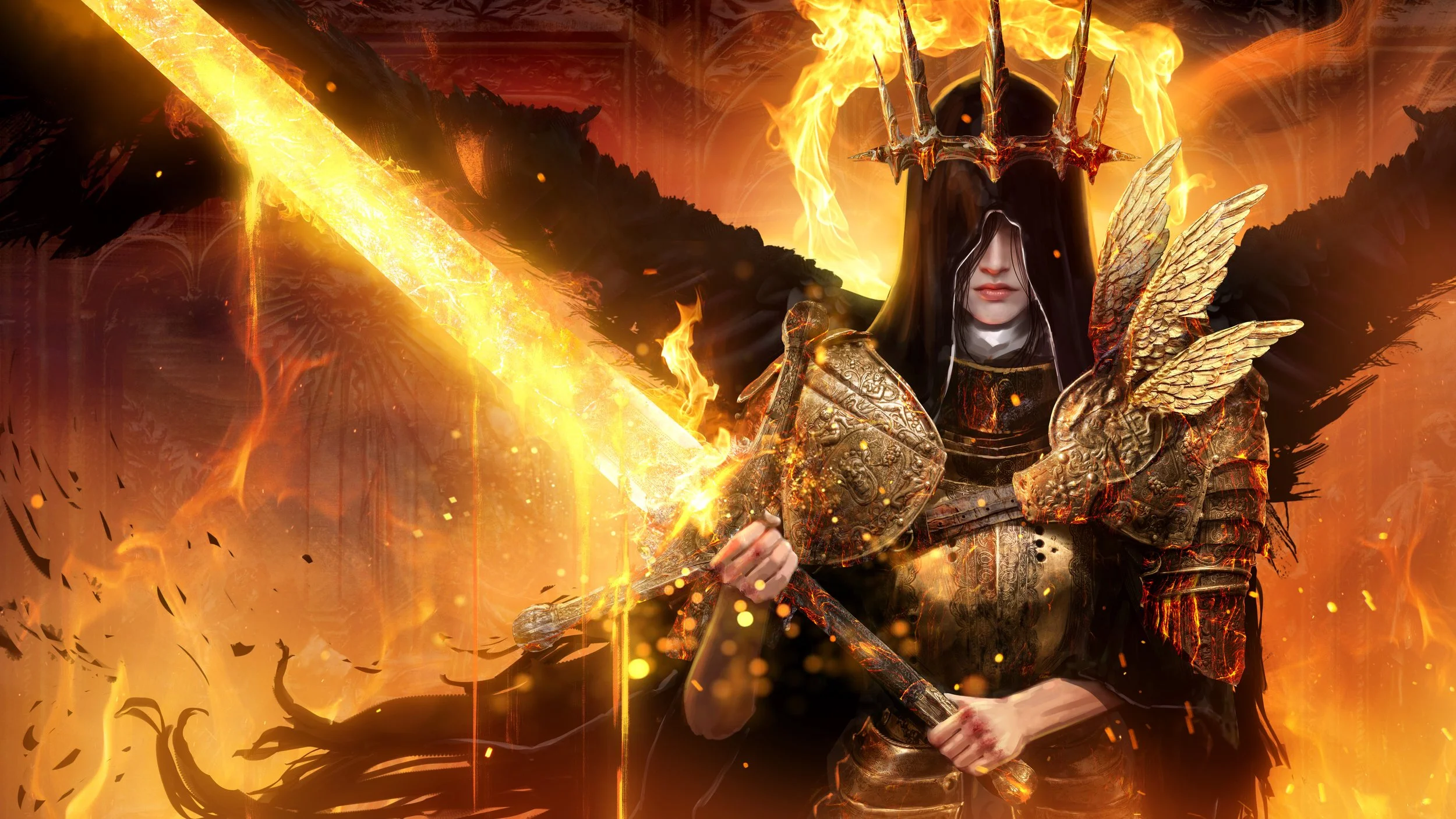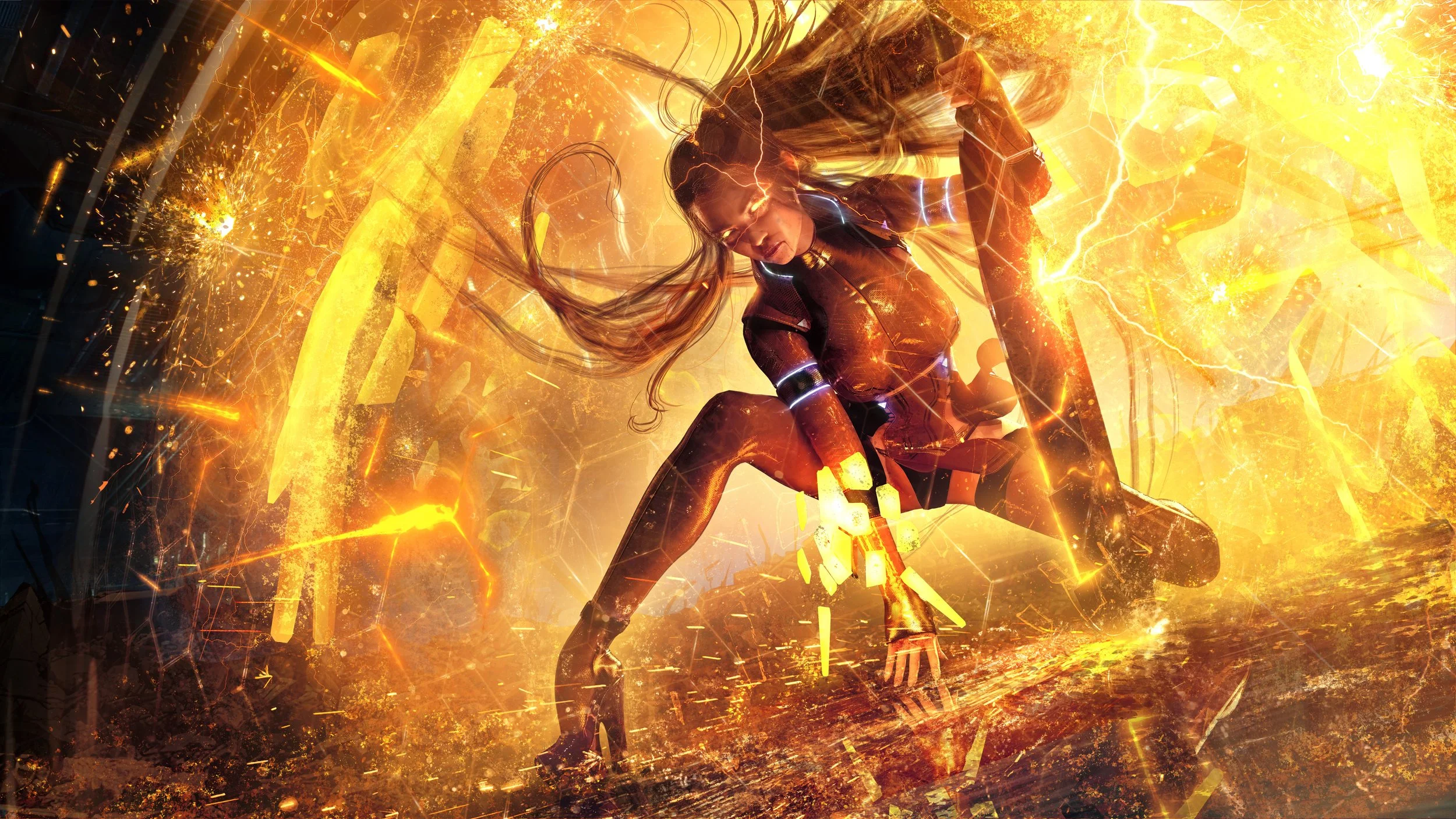Emily’s Blog
A selection of Emily’s thoughts, interviews, and video links…
Converting Prose to Script - Written for Pen-to-Print
You might be writing something specifically for audio, or you might be looking to adapt a short story or novel. This article will provide examples of how to approach the latter. As a starting point, you’ll want to look at your story or book and ask yourself which style best serves your narrative. Think about tone. Think about genre. Think about character… and have fun!
Let’s use an extract from Pride & Prejudice by Jane Austen as a base…
Writing Female Warriors - Things to Remember - Part 4
NUNS, SISTERHOODS & VOWS
Following Part 3 - Ice Queens, Mothers… and Korra, this article will explore organisations and collectives of female warriors. Does your badass female character belong to an order of warrior nuns? A coven of sorceresses? A nation of Amazonian goddesses? A sworn female-only guard to a royal house? Excellent. Strength through sisterhood. This is fertile ground for some epically powerful heroines. However, there are some problematic aspects of the segregated female clique that deserve due consideration…
Writing Female Warriors - Things to Remember - Part 3
ICE QUEENS, MOTHERS… AND KORRA
If your female warrior isn’t a main character but performs a core function in the plot and inspires your male characters… you’ll need to make sure she’s still a fully rounded person in her own right. Despite what you might think it can be difficult to tell the difference between making a female character into an integral plot device, and turning her into a prop. If you’ve given your female warrior a sword and powerful attributes… and then used her as nothing but background inspiration for your male protagonists, she might as well be a statue.
Writing Female Warriors - Things to Remember - Part 2
FASHION vs. FUNCTION
Following on from Part 1 - Fierce Introductions, we’re going to take a look at how your warrior woman appears; the visual element. Clothes matter, especially to someone on a mission or with a job to do. Yet, when we search for pictures of female warriors, or see female warriors depicted in fantasy and sci-fi spaces, they’re usually impractically dressed and over-sexualised.
This is a choice…
Writing Female Warriors - Things to Remember - Part 1
FIERCE INTRODUCTIONS
So you’re writing a book that features a kickass woman. A woman who can hold her own in a violent world. A woman who could dispatch a seven foot Titan without breaking a sweat. That’s feminist, right? As soon as you’ve given her sword you’re there, right? As soon as you’ve integrated her into your band of heroes, you’ve done your bit for female representation… right..?
Unfortunately, it’s not that simple.
Female Characters in Crisis - Things to Remember
The world is ending. Again. So what role do your female characters play in a crisis and how can you avoid one of the most common male-written pitfalls out there? Once you read this, you will see it over and over again in movies and serialised dramas. It’s so prevalent it’s almost standard… and it’s about as far from reality as it’s possible to be.
I’m talking about the moment in the story when the woman looks at the man and asks…
“What are we going to do?!”
How Women React to Men: Female Characters - Things to Remember
Gents, in this series I’ve been providing non-judgemental tips and tricks to ensure your female characters score highly on depth and integrity.
This time I’m looking at the subject of how women view men, the things we notice and the thoughts we have but don’t necessarily verbalise. If you’re writing from a female perspective you may struggle to inject these realistic focal points. This is totally understandable… and fixable…
Writing Female Villains - Things to Remember
It’s understandable when tired tropes find their way into your writing, but there are good reasons to be aware of them. Introducing nuance to your villainous women will help you to give your writing credibility while maintaining your female readership. It’s all about integrity, which is something most, if not all, writers aspire to.
Writing Female Characters - Things to Remember
I see a lot of posts highlighting examples of male writers getting descriptions of female characters wrong. Of male writers falling back on tired sexist tropes that place women as props in the male MC’s storyline. But in a world where it’s quite possible to read works only written by men… and I must stress here the importance of diversifying if you haven’t already… it can be difficult to know how NOT to do those things.
The Questions You Need to Ask Yourself About Your Book
The self-interview is a very useful exercise. As a writer you’re creating something that others will hopefully one day consume. Whatever you choose to do to your characters, you should have a ready answer for the inevitable questions that will spring up on social media, on your Discord server, or during an author event.
Dragons and Wyverns and Why Authors Claim They're the Same
As far as I’m concerned this is very simple. A dragon is a dragon, a wyvern is a wyvern. We have names for these things that are long-established. It is simply what they are called.
BUT
There are a few good reasons for authors to call wyverns dragons, and these come down to accessibility and marketing.
Why Trauma MUST be Recognised in Character-Driven Narratives
TW - violence in narrative including killing, dying, sexual assault, loss
In a previous blog post I talked about how character actions should be supported by an appropriate amount of context. i.e.:
Is the context of X and Y enough to plausibly support the action of Z?
In this blog, I’m going to address how some contexts require a reaction:
Is the context of X and Y plausible without the reaction of Z?












